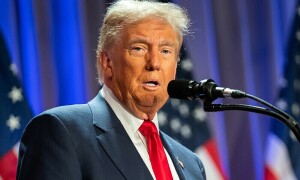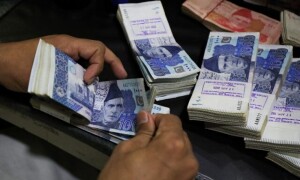China, keen to relieve upward pressure on the yuan, said on Monday it would ease capital restrictions further to help domestic firms invest more abroad.
Firms invest more overseas would reduce pressure on the currency, because they would need foreign currency to do so and would have to exchange local money to get it.
"China's balance of payments surplus, its stable renminbi (yuan) exchange rate and ample foreign exchange reserves have created sound conditions for developing the strategy," the State Administration of Foreign Exchange (SAFE) said in a statement.
The SAFE would "make policy adjustments and innovation" to help domestic firms get more hard currency needed for overseas operations, said the statement on its Web site, www.safe.gov.cn.
The government had set forex quotas of $2.23 billion under a pilot scheme in 19 provinces and cities to spur overseas investment and domestic firms were no longer required to repatriate hard currency profits from overseas units, it said.
The government would ease capital restrictions on big firms to let them channel funds into their overseas units, it said.
Chinese firms invested about $2.1 billion overseas in 2003, a surge of 112.3 percent from 2002, the SAFE said. The investment was still dwarfed by $53.5 billion in FDI into China last year.
China's foreign exchange reserves, the world's second-highest after Japan, hit $439.8 billion at the end of March.
China, resisting foreign pressure to revalue the yuan, has taken a series of steps to ease grip on capital outflows to let firms invest more overseas, but has also tightened scrutiny to halt illegal hard currency inflows.
BR100
15,235
Increased By
150.4 (1%)
BR30
44,824
Increased By
812 (1.85%)
KSE100
149,971
Increased By
1353.3 (0.91%)
KSE30
45,655
Increased By
407.2 (0.9%)






















Comments
Comments are closed.